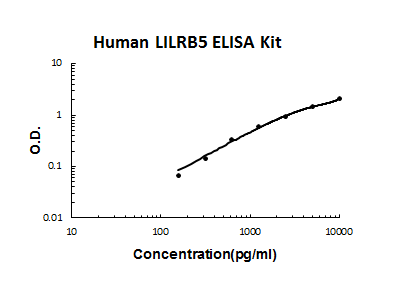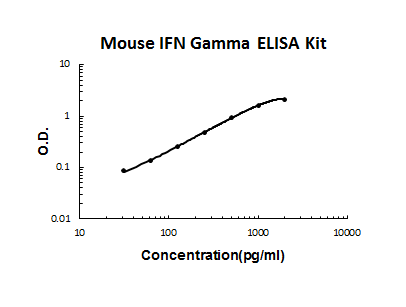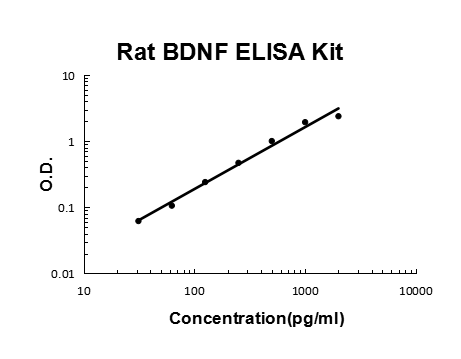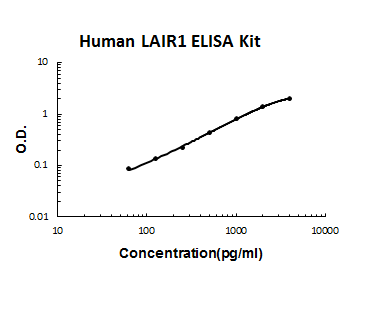Description
Immunogen: Synthetic peptide from the C-terminal region of rat adenylate cyclase type 3 conjugated to KLH • Host: Rabbit • Species Reactivity: (+) Human, Mouse, Rat • Applications: ICC, IHC, WB • MW = ~160 kDa
Synonyms: ACIII|Adenylate Cyclase III|Adenylyl Cyclase 3|Adenylyl Cyclase Type III
Immunogen: Synthetic peptide corresponding to the C-terminal region of rat adenylate cyclase type 3 conjugated to KLH
Formulation: 100 µl of affinity-purified polyclonal antibody
Isotype:
Applications: WB, IHC, ICC
Origin:
Stability: 365 days
Application|Immunocytochemistry||Application|Immunohistochemistry||Application|Western Blot||Product Type|Antibodies|Polyclonal Antibodies||Research Area|Cell Biology|Cell Signaling|cAMP Signaling||Research Area|Endocrinology & Metabolism|Metabolic Diseases|Diabetes||Research Area|Endocrinology & Metabolism|Metabolic Diseases|Obesity||Research Area|Neuroscience




